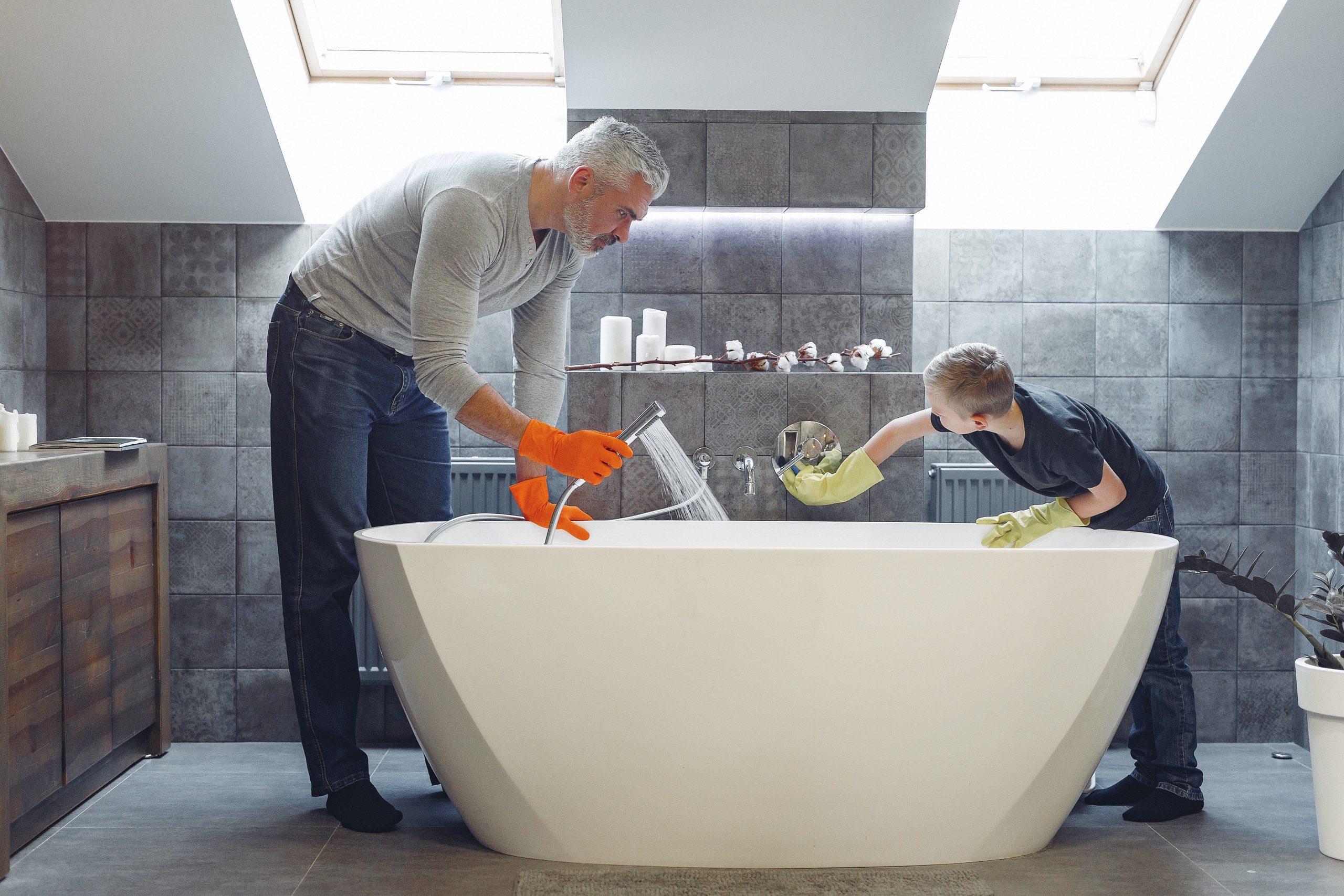
HOME MAINTENANCE
Owning and caring for a home is a big responsibility. Regular maintenance will keep everything running smoothly and reduce the chances of major repairs in the future. Like a regular health check-up, a home maintenance schedule is important for every house's upkeep. Continuing to check on your exterior, appliances, heating and cooling, plumbing, security, and electrical systems will help prevent breakdowns, save money, and keep your home looking its best. If any of the home repairs and maintenance go beyond your skill level or lead to more complicated projects, consider hiring a professional to help.
As always, I'm here for you. If there is anything in this section that you need help with, please give me a call. My vast experience and resources are always available to my clients. Please scroll down below to find more maintenance info about:
FURNACE / HEATING
A furnace is one of the main components of your heating and cooling system. When you set your thermostat, you activate the furnace to begin heating air. A fan switches on and circulates the warm air through your home. Your furnace is often located in the basement or garage area of the home.
In this area, natural gas furnaces are most common. If natural gas isn't available in your area, electric furnaces are often used and in more rural areas, you may have a propane gas furnace.
It is recommended that furnaces receive a cleaning and tune-up at least once a year and it is best done in late summer or fall season before winter arrives. Furnaces can last from 15-20 years before they need replaced.
For more information about the types of furnaces and how they work, take a look at this article on Hvac.com.
For a more detailed guide about furnace maintenance, costs, and tune-up frequency, take a look at this article on Homeguide.com.
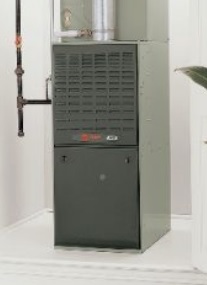
Heat Pumps
In addition to a furnace, some homes have a heat pump that is part of a heating and cooling system and is installed outside your home. Like an air conditioner, it can cool your home, but it’s also capable of providing heat. In cooler months, a heat pump pulls heat from the cold outdoor air and transfers it indoors, and in warmer months, it pulls heat out of indoor air to cool your home.
It is recommended that heat pumps receive a cleaning and tune-up at least once a year and it can be done in the fall at the same time as a furnace tune-up. Most HVAC companies can do both in the same appointment. Heat pump can last an average of 15 years before they need replaced.
For more information about heat pumps and how they work, take a look at this article on Carrier.com.
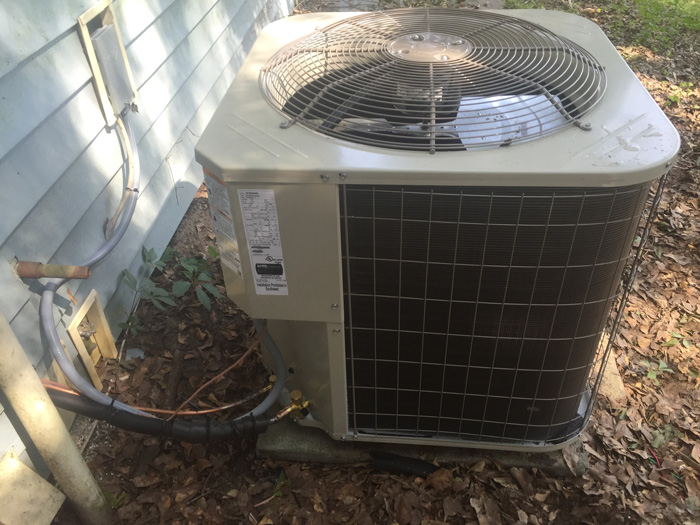
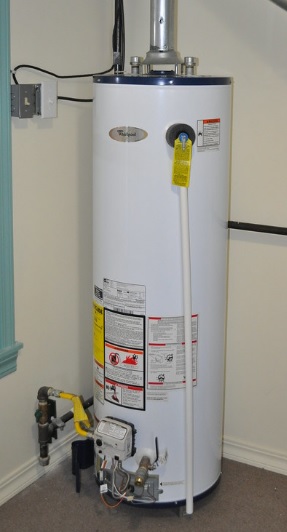
Traditional tank
Water heaters supply your home with the hot water you need each time you shower, wash the dishes or do a load of laundry. Your water heater is responsible for getting that water through the pipes to its proper destination, at the proper temperature. They are often located in your garage or basement.
Traditional tanks look like big metal cylinders, tall drums filled with water and equipped with a heating mechanism on the bottom or inside. Newer styles called tankless water heaters lose the tank completely in favor of producing hot water-on-demand without the risk of running out.
Experts generally recommend that your water heater be drained and flushed at least once a year to remove any buildup. Tank water heaters can last from 15-20 years before they need replaced. Tankless models can last an average of 20 years.
For more information about the basics of water heaters, take a look at this article on Lauryheating.com.
For a more detailed guide about how water heaters work, take a look at this article on Howstuffworks.com.
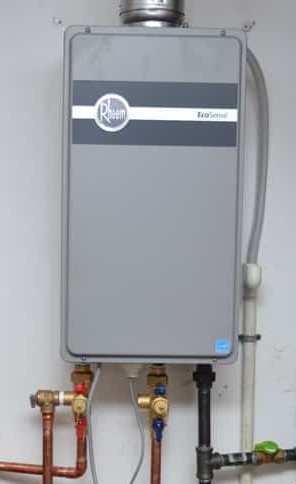
Tankless water heater

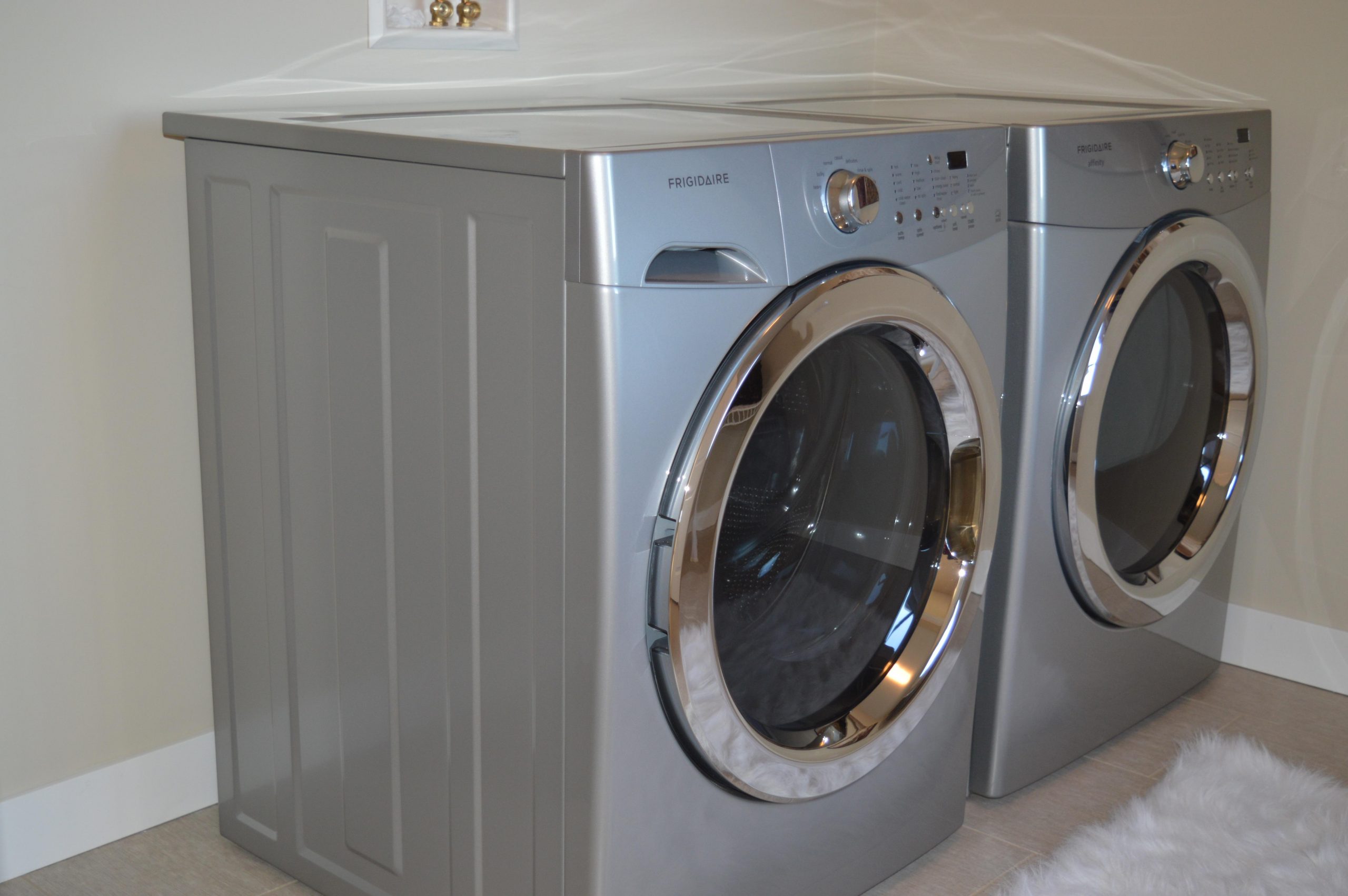
While appliances make our lives much easier, maintenance is an absolute necessity if you plan on getting the longest life possible from your purchases. Proper appliance care ensures that your units are running as efficiently as possible. Here are some quick tips from an article on HomeAdvisor. To view the full article, click on this link.
- Kitchen Appliance Care: A broken kitchen appliance should usually be handled by an appliance professional, keeping them clean and using them properly. Familiarize yourself with each appliance’s owners manual.
- Refrigerator: Keep the refrigerator door closed as much as possible. When the refrigerator door is opened frequently, the refrigerator needs to work harder to maintain the proper temperature. Try to store food in containers with tight-fitting lids or tightly wrapped in foil or plastic wrap. This will aid in the reduction of moisture in the unit and solve the odor spreading problem. Replace the water filter if you have a water dispenser or ice maker at least twice a year.
- Gas Appliances: If a gas appliance stops working, check to see if the pilot light has gone out. If you have the manufacturer’s instructions handy, they may show you how to safely relight the pilot yourself.
- Gas range: Has a burner on your electric stove stopped working? They are generally inexpensive and easily replaced. Yellow flames in a gas stove are an indication of a problem. Flames should always be blue, so seeing other colors means that you’re not running at full efficiency; you may want to call a service professional.
- Dishwashers: Wait until you have a full load of dishes before running the dishwasher; this will not only save you money on energy and water bills, but can also extend the life of your appliance, too.
- Freezer: A freezer that contains too much frost cannot function at its best; whenever frost gets to be 1/4-inch thick in your freezer, it’s time to defrost.
- Washing machines: If the hoses in your washing machine are old, consider replacing them with the tougher metal hoses available at hardware stores. If your washing machine rattles when it runs, it may need leveling. For most items, lowering the water temperature to warm wash and cold rinse will get your clothes clean and reduce your energy bills.
- Dryers: Clean the lint trap before you use your dryer; this will prevent a fire hazard, save you energy, and make your clothes dry faster. Having a professional clean the outside vent once a year is a good idea.
Appliance Replacement
- Refrigerator: Most can last an average of 12 years before needing replacement.
- Range / Oven: Most can last an average of 15 years before needing replacement.
- Dishwashers: Most can last an average of 10 years before needing replacement.
- Washing machines: Most can last an average of 15 years before needing replacement.
- Dryers: Most can last an average of 15 years before needing replacement.
Rain gutters protect your home’s landscaping and siding from severe runoff while also preventing damage to your home’s foundation. Gutters serve the vital purpose of collecting the rain that falls on the roof and diverting it through downspouts away from the home’s foundation. Without gutters, water that falls near the foundation can lead to leaks around windows or in a basement or crawlspace.
Gutters can be cleaned by yourself if you are careful and use a sturdy extension ladder (not a stepladder) to remove leaves, dirt, and debris from the gutters. It can be messy and dangerous if not careful. Alternatively, you can hire a gutter cleaning service that can provide the service for a reasonable charge.
It is recommended that gutters are cleaned once a year in the fall right after the tree leaves have fallen and before winter arrives.
For a step-by-step guide on how to clean your gutters, see this article on WikiHow.com.
For a more detailed guide about five ways you can effectively clean your gutters, see this article on BobVila.com.
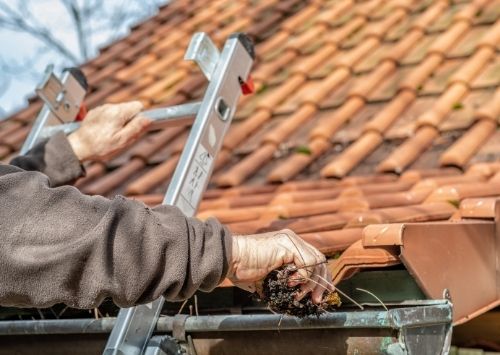
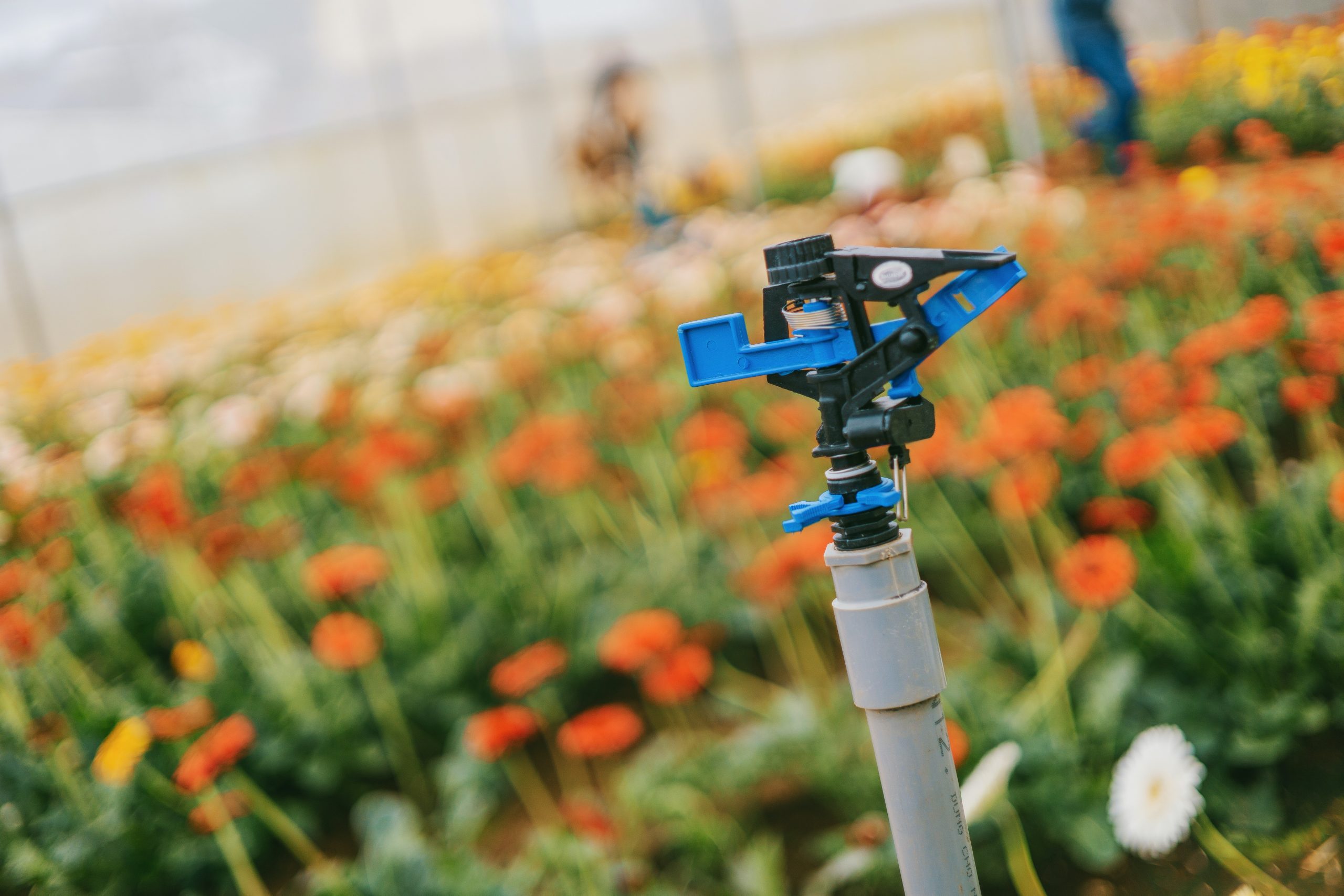
Many modern homes come with a sprinkler system, which is a programmable device that automatically waters your lawn and plants at set intervals. It’s great for keeping your landscaping looking fresh and healthy. The system is a series of pipes, valves, and sprinkler heads that run through your yard and is attached to your home’s plumbing system.
Like most devices, regular maintenance is important to keep your system running at peak efficiency. Broken sprinkler heads and valves do occur creating leaks which can waste valuable water and increase your water bill. So, it is highly recommended to hire a professional irrigation company to annually service your system.
In addition to inspecting your system for any breakages or repairs, many people hire an irrigation company to come out twice a year: once in the Fall to winterize (blow all of the water out of the system pipes so that they don’t freeze in the cold weather), and once in the Spring to re-activate and inspect the system.
Important: Washington State Law requires all systems that are connected to the public drinking water system to install a Backflow device, an assembly that prevents harmful contaminants that can get into irrigation systems from entering into the city’s water supply. A Backflow Test must be performed by the homeowner each year. You can schedule a backflow test using one of the companies listed in the letter you’ll receive from the city each year. Your irrigation company may also provide backflow testing services.
For some basics and tips on sprinkler systems for new homeowners, see this article on KRain.com.
For a more information about Backflow testing requirements, see this from the City of Bellevue website.
A well-maintained yard can boost the value of your home, leave a lasting impression, and even increase the lifespan of your trees and shrubs. There are several reasons why you should do regular lawn and yard maintenance:
- It makes your home more attractive and inviting.
- It keeps your yard green and environmentally friendly.
- It allows you to stay on top of weeds and unwanted critters.
- It keeps your lawn and plans fertilized, healthy, and looking its best.
- It boosts your home’s resale value.
- Your Homeowner’s Association may require a minimum amount of upkeeping to conform to neighborhood standards.
For a great guide on how to do many yard maintenance tasks, see this article on FamilyHandyman.com.
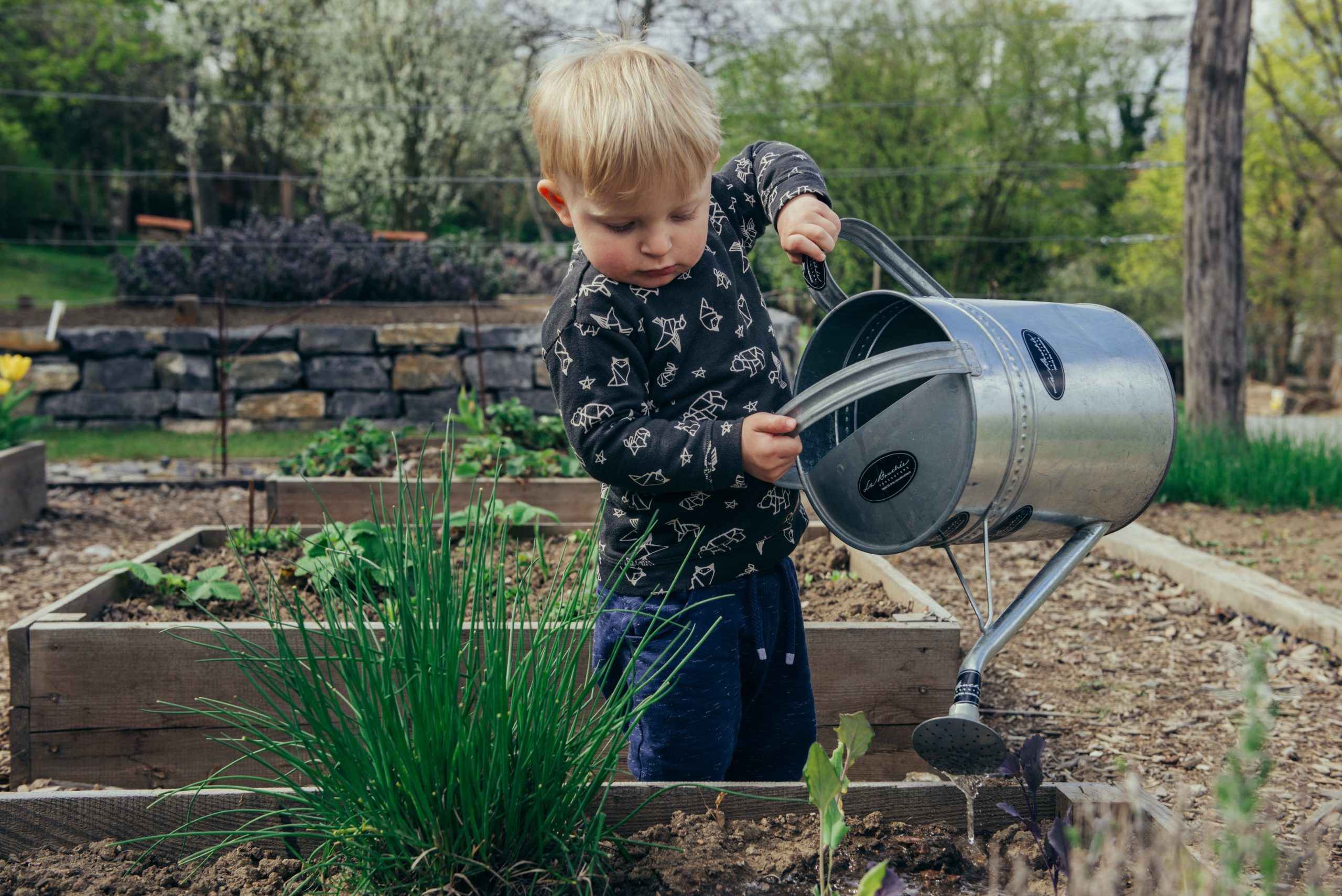
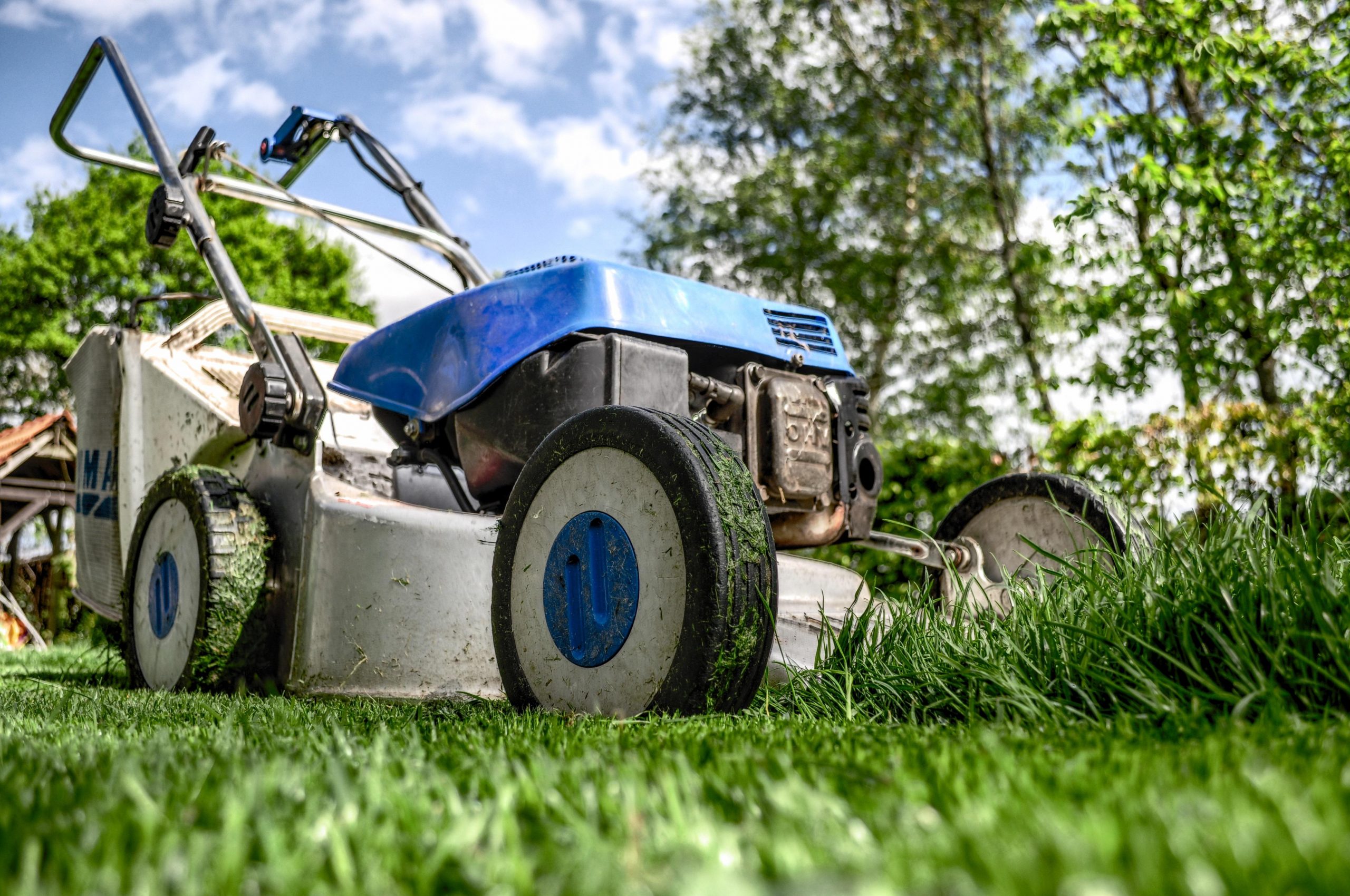
As always, I'm here for you. If there is anything in this section that you need help with, please don't hesitate to give me a call. I have many connections and my vast experience and resources are always available to my clients.
See more in Home Ownership:

